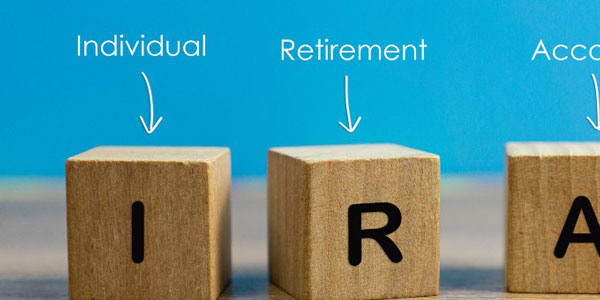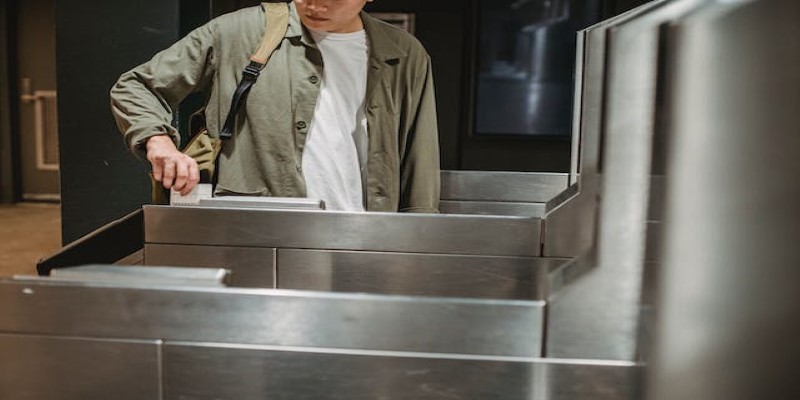Microinsurance protects those with little financial resources. It's designed for settling claims for less significant losses due to sickness, accident, or death, and it works well with assets of smaller value. Microinsurance is a subset of the insurance industry that aims to lower the out-of-pocket costs of protecting what is essentially a person's Conventional insurance dissected into its parts. Microinsurance is based on the principle that you should only insure the minimum necessary. It might pay for anything as little as a one-day vacation or as complex as specialized medical care. Its goal is to assist those with less financial resources, and it may be purchased via various channels, including licensed insurance brokers, community organizations, finance borrowers, and NGOs. This model has seen some effectiveness in developing nations as a mechanism for low-income families to buy insurance, particularly medical coverage.
How Does Microinsurance Work?
To a large extent, microinsurance may be applied to any insurance. Pay-as-you-go (or "usage-based") vehicle insurance has proven to be rather popular in microinsurance. This policy option reduces premium costs by charging drivers only for the number of miles they travel. People who drive less each year often have cheaper vehicle insurance rates. Low-income people and families have various options among these standalone policies to meet their specific requirements and constraints. One of the first major insurance companies to provide worldwide microinsurance became American International Group (AIG). It began selling policies in Uganda in 1997. 4 Typhoon Haiyan devastated the Philippines in 2013, killing more than 6,000 people and leaving millions homeless. Microinsurance played a critical role in assisting catastrophe survivors in rebuilding their lives. By 2014, microinsurance companies had paid out $12 million in claims related to the incident.
The Advantages Of Microinsurance

Using microinsurance, many individuals may cover and safeguard some of their most important possessions. For minimal families who might not otherwise afford insurance, this may be a huge relief. Another advantage is that it is straightforward. Claims can be processed quickly and precisely. Farmers and other small company owners are more likely to take chances and invest in new initiatives when they believe they are adequately covered by insurance. That's excellent news for the economy.
What Does It Mean For You?
There are encouraging signals that microinsurance may expand beyond low-income areas. With the rise of the "on-demand" economy, consumers are more drawn to items and services that may be used immediately. Insurance is a tightly regulated sector. Insurers are required by law to maintain certain levels of liability and reserve funds. Due to microinsurance being "short-term," the requirement for such reserves may be eliminated. The developing world has been seeing faster microinsurance expansion than the developed one. Consulting company Accenture conducted a study showing that policyholders will provide confidential personal data to their insurers in return for premium discounts. Startups like Playground (a peer-to-peer insurance firm) and Metromile (a pay-per-mile vehicle insurance company) that are early adopters of this technology may set the standard for the rest of the U.S. insurance sector. As these tendencies continue, "microinsurance" may eventually become a household phrase in the United States.
Conclusion
Microinsurance is widely used in the global South Microinsurance, like traditional insurance, covers a broad range of perils; for example, it may protect against financial losses due to illness, death, disability, or natural disasters; it can even cover the risks associated with growing and protecting one's food supply. Microinsurance protects those with little financial resources. It's designed for settling claims for less significant losses due to sickness, accident, or death, and it works well with assets of smaller value. Microinsurance is a subset of the insurance industry that aims to lower the out-of-pocket costs of protecting what is essentially a person's Conventional insurance dissected into its parts. Microinsurance is based on the principle that you should only insure the minimum necessary.





